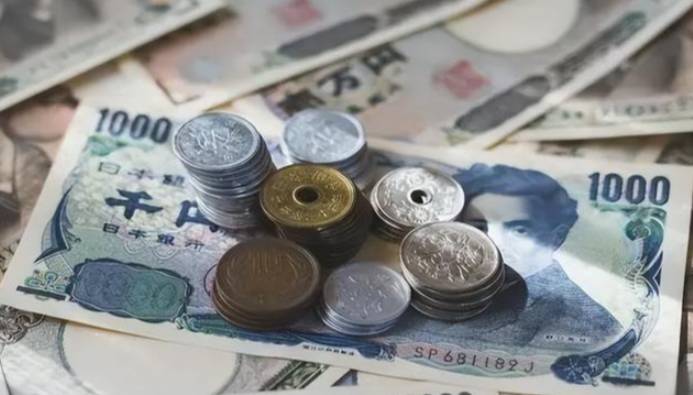Global losses of 2.6 trillion!
The World Trade Organization (WTO) has indicated that following conflicts, global trade still experienced positive growth last year. However, data from Europe suggests that the global losses for the current and next year could amount to as much as $2.6 trillion. Why are the data sets conflicting?
Apart from the United States, who else is profiting?
01, Trade Growth?
Recently, the latest report from the WTO stated that despite the significant energy crisis in Europe last year, which many believed would profoundly impact global trade, the reality is that global trade did not suffer a severe blow, and in fact, it achieved a 3% increase in trade volume last year.
This is quite perplexing.
Last year, economies around the world were sluggish due to the impact of the European energy crisis. So, why does the WTO data show an increase in trade?
After the conflict in Europe, the continent faced an energy crisis. In order to address the upcoming winter's substantial demand for natural gas, the prices of natural gas and coal in Europe rose sharply within a short period.
As the supply of crude oil in Europe also decreased, coal had to be used extensively to generate electricity. With a scarcity of resources in Europe, there was a scramble to find coal worldwide. Under these circumstances, it was natural for coal prices to rise, with the price of coal in some parts of the United States even surpassing $200 per ton at one point.The United States is not concerned about selling at exorbitant prices leading to European disapproval; on the contrary, when Europe is in a state of urgency, the U.S. can reap substantial profits from the situation.
It is clear that as Europe falls into an energy crisis, the United States becomes the biggest beneficiary.
02, Conflicting Data
Moreover, Europe is not the only one bearing the losses.
Data provided by a German research institution also reveals that the economic loss to global trade caused by the European conflict has reached 1.6 trillion U.S. dollars. It is estimated that an additional 1 trillion in losses will occur this year.
But why do the economic data from Germany and the World Trade Organization's statements contradict each other?

It is important to note that Germany and Europe are the biggest victims of economic loss, and it is estimated that the data would not be fabricated.
And from whose perspective the World Trade Organization has concluded a 3% growth is a mystery.
03, Secret Profits
However, while most countries suffer losses, there are also some countries that profit.
(The sentence was incomplete, so I've provided a continuation that maintains the context.)In addition to the United States reaping profits, there is another country that has made a significant profit, which might not be on everyone's radar: India. Due to Europe's inability to engage in energy trade with Russia, yet still having a substantial demand, India has become the "agent" for Russian energy.
India has not been affected and can still import crude oil from Russia as usual. Moreover, with Russia losing large orders from Europe, there is a significant gap in crude oil orders, leading to Russia selling crude oil to India at a heavily discounted price.
It is important to note that in a global context where energy prices have surged significantly, India has no reason not to buy such discounted crude oil.
India has spotted a business opportunity in this situation. Since it has the advantage of lower crude oil prices, it has decided to buy crude oil in large quantities, process it domestically, and then sell the finished and semi-finished products to Europe.
In Europe's urgent need for energy, India is like sending charcoal in snowy weather. Moreover, the prices India offers are much cheaper than those from the United States, making it quite popular in Europe at this time.
Everyone knows that India's GDP increased significantly last year, but they may not be aware that India has benefited greatly from buying crude oil from Russia, processing it, and then selling it to Europe.
Post Comment